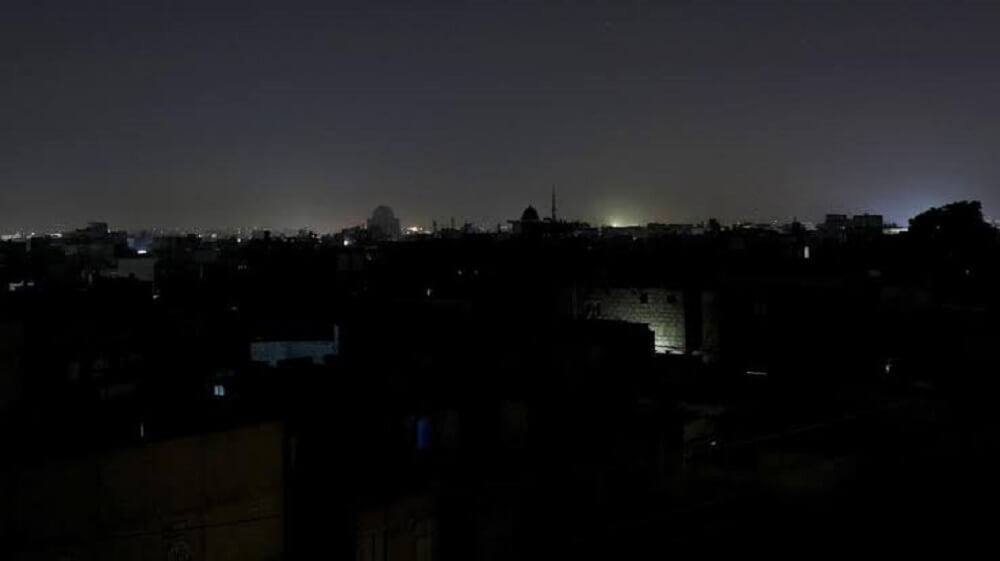Power generation companies have responded to the accusation levelled against them by the Transmission Company of Nigeria (TCN) blaming the Generating Companies (GenCos) for the load shedding and power failures experienced in the country.
Last week, March 8, 2022 the TCN blamed the GenCos for the load shedding.
Advertisement
“TCN can only transmit the quantum of power generated by GenCos through the national grid to distribution load centres nationwide. TCN does not generate electricity,” said the TCN.
The TCN also claimed that the cumulative power generation nationwide is low and attributed the development to several factors.
But responding to the accusation, the GenCos said the blackouts were as a result of the weak infrastructure of transmission and distribution companies.
The Executive Secretary, Association of Power Generation Companies, Joy Ogaji, insisted that the TCN should be held responsible.
Advertisement
She said that the GenCos have made huge investments to increase generation capacity up to 13,000 megawatts without a complementing investment by the TCN.
Ogaji said, “Since 2013 when the power sector was partially privatised till date, weak and inadequate infrastructure (transmission and distribution) have continued to render inconsequential, a significant portion of the generation capacities recovered or added by Gencos through huge investments to increase their respective generation capacities.
“While the owners of the GenCos invested and increased generation capacity up to 13,000 megawatts across the country, no corresponding investment and improvements were made at the transmission and distribution ends.
“The result was the significant stranded capacity of GenCos, which ironically, Nigerians are in dire need of but cannot get.
“The persistence of this anomaly over these years compelled Gencos to begin to question the commercial reasonability of continued investment in recovery or expansion of generation capacity that would end up being stranded and not utilised to transmit and distribute electricity to end-users who are yearning for the same.”



